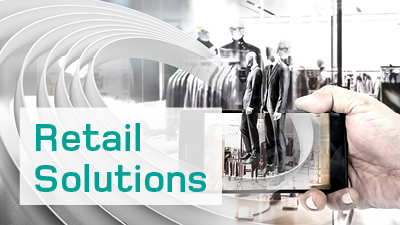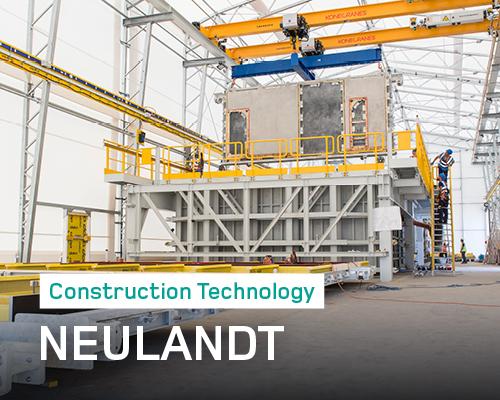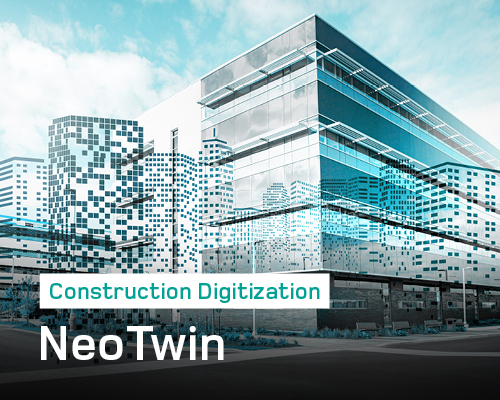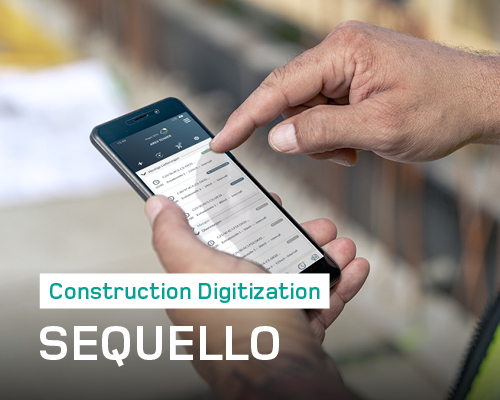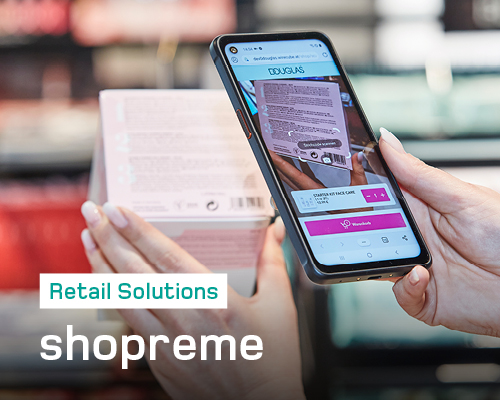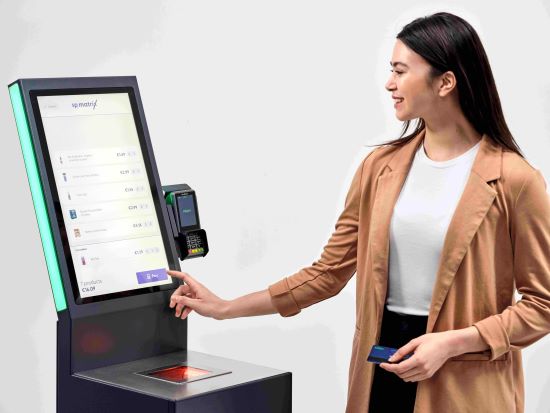INNOVATION HUB FOR CONSTRUCTION AND RETAIL
We are the “Future & Innovation Hub” of the multi-national Umdasch Group. We bring together experienced strategists and creative minds to make retail and construction fit for the future. To do this, we are equipped with experimental capabilities. Our focus is on new technologies and potentially disruptive, radical business models.
In Umdasch Group Ventures, we invest in promising business ideas by founding new companies or by making strategic investments in mature start-ups and young companies.
OUR PORTFOLIO
Explore our broad portfolio for construction and retail. We deliver solutions for the most important current challenges and megatrends, such as urbanization, sustainability, green tech, digitalization, smart city, circular economy and data management. This is the driving force behind our innovative solutions. Welcome to the world of innovation!
LATEST NEWS
Umdasch Group Ventures is always on the move. There are many new and exciting things happening in our investments and developments. Read the latest news about our company here.
OUR MISSION
Analyzing future trends and requirements, evaluating
the latest technologies and deriving potentially disruptive business models for construction and retail – that is the
core of what we do. The focus here is on industrialization, automation, standardization and digitization along construction processes or purchasing processes. With our work, we want to find answers for future business fields and realize them through our own development projects or strategic investments in interesting companies.
YOUR CHANCE
We are a start-up investor, company creator and, above all, a solution provider. We bring knowledge and experience that fresh ideas and young entrepreneurs need to successfully establish themselves in the market. In the Innovation Hub of Umdasch Group, we have the necessary resources to sustainably finance such ideas. A strong network and the structures of the Umdasch Group are our basis for making processes in the construction and retail industries fit for the future. We see ourselves as an incubator and accelerator.
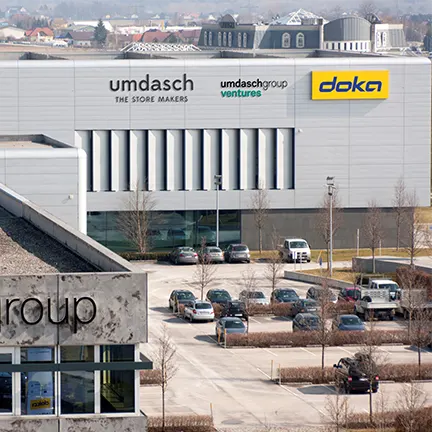

The family-owned Umdasch Group AG, consisting of Doka, a global market leader in formwork technology and umdasch The Store Makers, specialist in shopfitting and retail with nearly 8,400 employees has been globally successful for more than 150 years. Being part of a strong group enables us to act in a strong global network. Our roots and foundation are therefore construction and retail.
Umdasch Group Ventures is an independent company with an agile and startup-like organization in its development part, has fully owned business units resulting from these development activities and holds relevant stakes in global strategic investments. The perfect setup to grow successful innovations. Umdasch Group Ventures develops innovative solutions to market maturity.
OUR MANAGEMENT TEAM

Johann Peneder, COO

André Spang, CCO

Gerd Pechura, CFO
WE’RE HIRING
Why work with us? There are many reasons…
You are not just working with a company – you are shaping the future. Our playing ground is greenfield. We can think in all directions, try the newest tech and are not limited by existing processes.
We focus on the fast delivery of results. No waste of time with paperwork. Very fast decision lines. We don’t like micro management. Freedom, responsibility and team spirit enables us to deliver top results.
Join us. Or follow us on
JOBS AND CAREER AT UMDASCH GROUP VENTURES
The Umdasch Group Ventures is the Future & Innovation Hub of the Umdasch Group. We see ourselves as a start-up within the group. At the same time, we are the enabler for future-oriented solutions that move along the life cycle management of projects in the construction industry or trade.
We therefore invest strategically in young technology products and companies and work on new business models in cooperation with international partners. The main focus is on sustainability, digitalization, renovation and modularization, with all the many different specializations that this entails.
In order to achieve our goals, we are looking for creative, ambitious and performance-oriented individuals who would like to become part of our growing, family-oriented team.
As part of the Umdasch Group we offer attractive additional benefits:
- Personal and professional development opportunities
- Childcare (Amstetten site)
- Vitality program around the topics of nutrition, exercise, psyche
- Sports and cultural activities as part of the Umdasch community (Amstetten site)
- Employee restaurant with own fresh kitchen (Amstetten site)
- For commuters: shuttle service from the train Station (Amstetten site)
- Discounts
- Flexible working hours with the possibility of remote working
- Office in Vienna

Structural Engineer (f/m/d)
Location: Ivory Coast

100 new super jobs at Umdasch Group
…and just as many advantages
Unfortunately not the right job?
Have you heard about the revolutionary Coding School 42 Vienna? Our holding company, the Umdasch Group, supports this disruptive and free training program for software developers.
So if you are interested in a career in the digital sector, apply now at www.42vienna.com.
Get In Touch
Umdasch Group Ventures GmbH
Josef Umdasch Platz 1
3300 Amstetten Austria
T +43 7472 605 – 0
Send Mail




